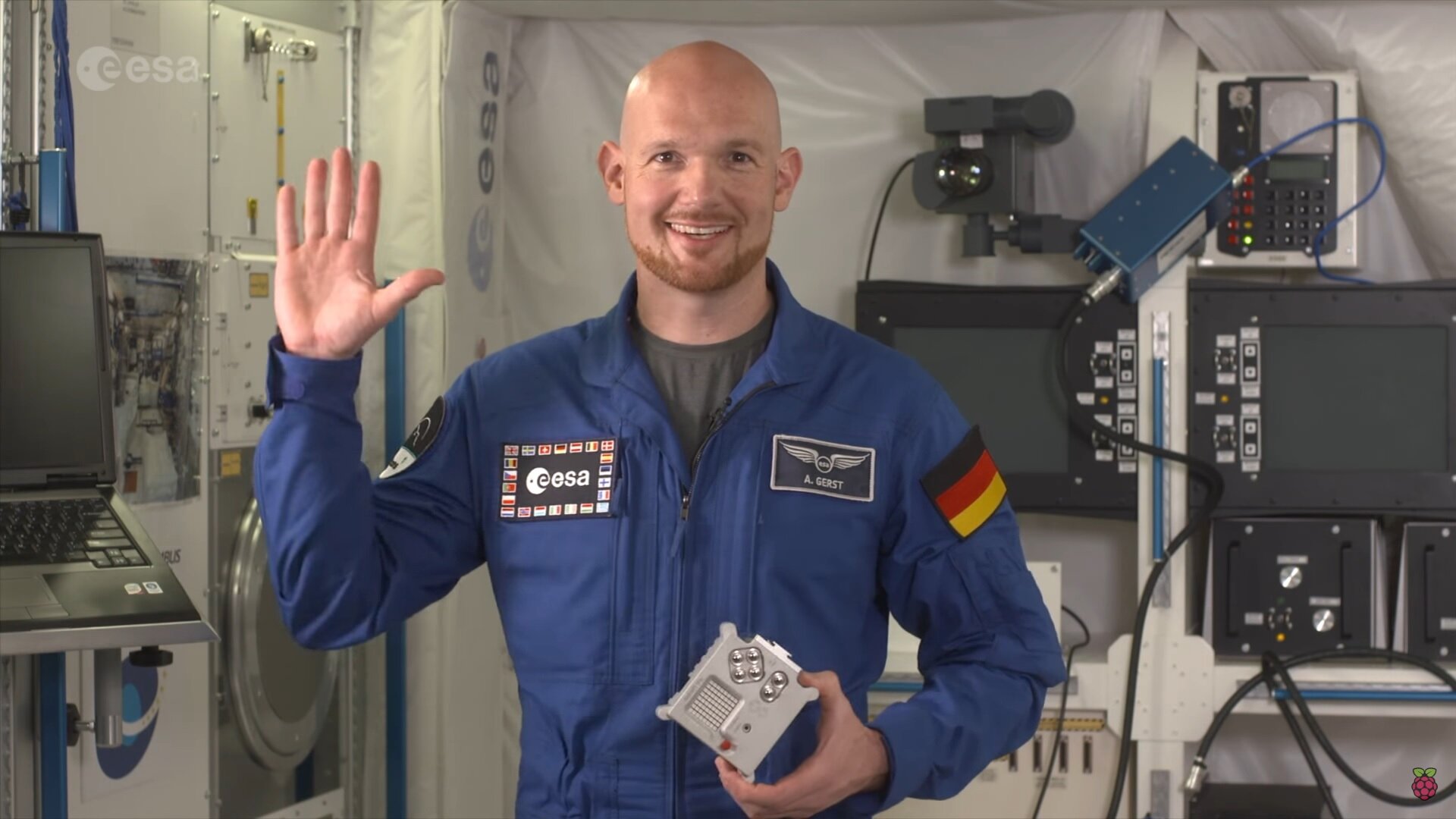The European Astro Pi Challenge 2018/2019: run your experiment in space!
The European Astro Pi Challenge is an ESA Education project run in collaboration with the Raspberry Pi Foundation. It offers young people the amazing opportunity to conduct scientific investigations in space, by writing computer programs that run on Raspberry Pi computers on board the International Space Station. The two Astro Pis are equipped with a set of environmental sensors and a camera, one with a visible camera and one with an infrared camera.
The 2018/2019 Challenge will kick off in September 2018 and run throughout the school year in a scheme of two different levels: Mission Zero and Mission Space Lab.
Mission Zero
Mission Zero offers students and young people the chance to have their code run in space on the ISS! Teams write a simple program to display a message to astronauts onboard. No special equipment or coding skills are needed and all entries that follow program rules are guaranteed to have their program run in space! This mission will be open for entries between 29 October 2018 and 20 March 2019.
Mission Space Lab
Mission Space Lab offers students and young people the chance to have their scientific experiment run on the ISS. The challenge is to design and program a scientific experiment to be run on an Astro Pi computer. The best experiments will be deployed and teams will have the opportunity to analyse and report on the results. This mission will be open for entries between 12 September and 29 October 2018.
Who can participate?
Mission Zero is open to students and young people aged up to 14 and from an ESA Member or Associate Member State[1] or states with a special collaboration agreement with ESA[2]. To enter, you need to form a team of two to four people and be supported by a teacher or mentor.
Mission Space Lab is open to students and young people aged up to 19 and from an ESA Member or Associate Member State[1] or states with a special collaboration agreement with ESA[2]. To enter, you need to form a team of two to six people and be supported by a teacher or mentor.
What next?
The timeline for the 2018/2019 Astro Pi challenge is available here.
Sign up to our newsletter to get a reminder when the missions start!
[1] ESA Member States in 2018:
Austria, Belgium, Czech Republic, Denmark, Estonia, Finland, France, Germany, Greece, Hungary, Ireland, Italy, Luxembourg, the Netherlands, Norway, Poland, Portugal, Romania, Spain, Sweden, Switzerland, United Kingdom.
ESA Associate Member States in 2018: Canada, Slovenia
[2] In the framework of a collaboration agreement with ESA, teams from Malta can also participate in the European Astro Pi Challenge.




